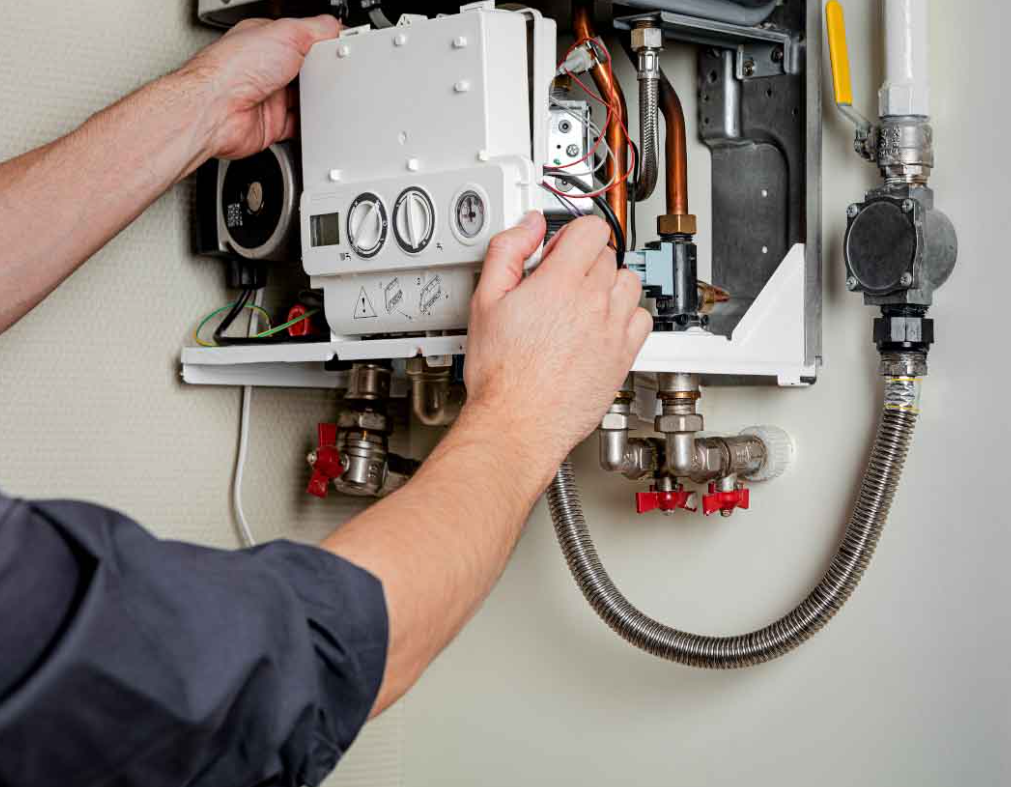A well-functioning boiler is essential for maintaining a comfortable and warm home, especially during colder months. However, like any complex system, boilers can develop issues over time. Boiler diagnosis is a critical process that identifies potential problems, ensuring your heating system operates safely and efficiently.
Common Boiler Issues
Boilers can face several issues, such as:
- Inconsistent Heating: Uneven heat distribution or cold spots in your home.
- Strange Noises: Banging, gurgling, or whistling sounds may indicate air in the system, sediment buildup, or a failing pump.
- Low Pressure: A drop in pressure often points to leaks or a faulty pressure relief valve.
- Error Codes: Modern boilers display error codes that help diagnose specific problems.
The Diagnosis Process
Boiler diagnosis involves a thorough inspection by a qualified professional. Key steps include:
- Visual Inspection: Checking for visible signs of damage, wear, or leaks.
- Performance Tests: Monitoring heat output, water pressure, and system efficiency.
- Component Checks: Examining critical parts such as the thermostat, burner, and heat exchanger.
- Safety Assessment: Ensuring there are no gas leaks and that the boiler complies with safety regulations.

Why Professional Diagnosis Matters
Attempting DIY boiler repairs can be risky and may void warranties. Certified engineers not only identify issues accurately but also ensure they are fixed promptly, preventing costly breakdowns and improving energy efficiency.
Regular boiler diagnosis and maintenance extend the lifespan of your system, lower energy bills, and provide peace of mind that your home remains warm and safe.
